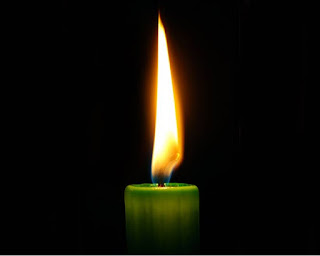“We are living in Advent and are preparing the way for the Coming One.” (105) Jürgen Moltmann, in his book A Broad Place, isn’t simply referring to the liturgical season of Advent. He’s referring to life itself, especially the life of faith (and Christian life in particular). He’s exploring a theme from his classic work Theology of Hope from four decades earlier. He says, “The foundation of hope
is not utopia and the exploration of unknown future possibilities; it is the new beginning and the beginning of the new, here and now, today.”
Advent is possibly my
favorite season in the church calendar, and still, somehow it eludes me. It is always “not yet,” at least “not yet”
for me. I still have trouble wrapping my
head and spirit around it. I get the
theology, the meaning, of it. (Or at
least I tell myself I do!) But does it
change the way I live? Do I have the
determined commitment to prepare the way?
The epistle reading
for Year A of the 1st Sunday of Advent is from Romans 13. St. Paul says that “it is now the moment for
you to wake from sleep… …the night is far gone, the day is near” (vv. 11-12). As Advent people, we are called to wake from
our slumber.
Maybe that’s why
Advent seems so vague to me. Am I too
reluctant to “lay aside the works of darkness”?
We do need darkness to sleep—and sleeping is so comfortable. (But sleeping through life!) And our culture, with its shiny gadgets, and
people filling us with fear, and reminding us of our duty to consume…












